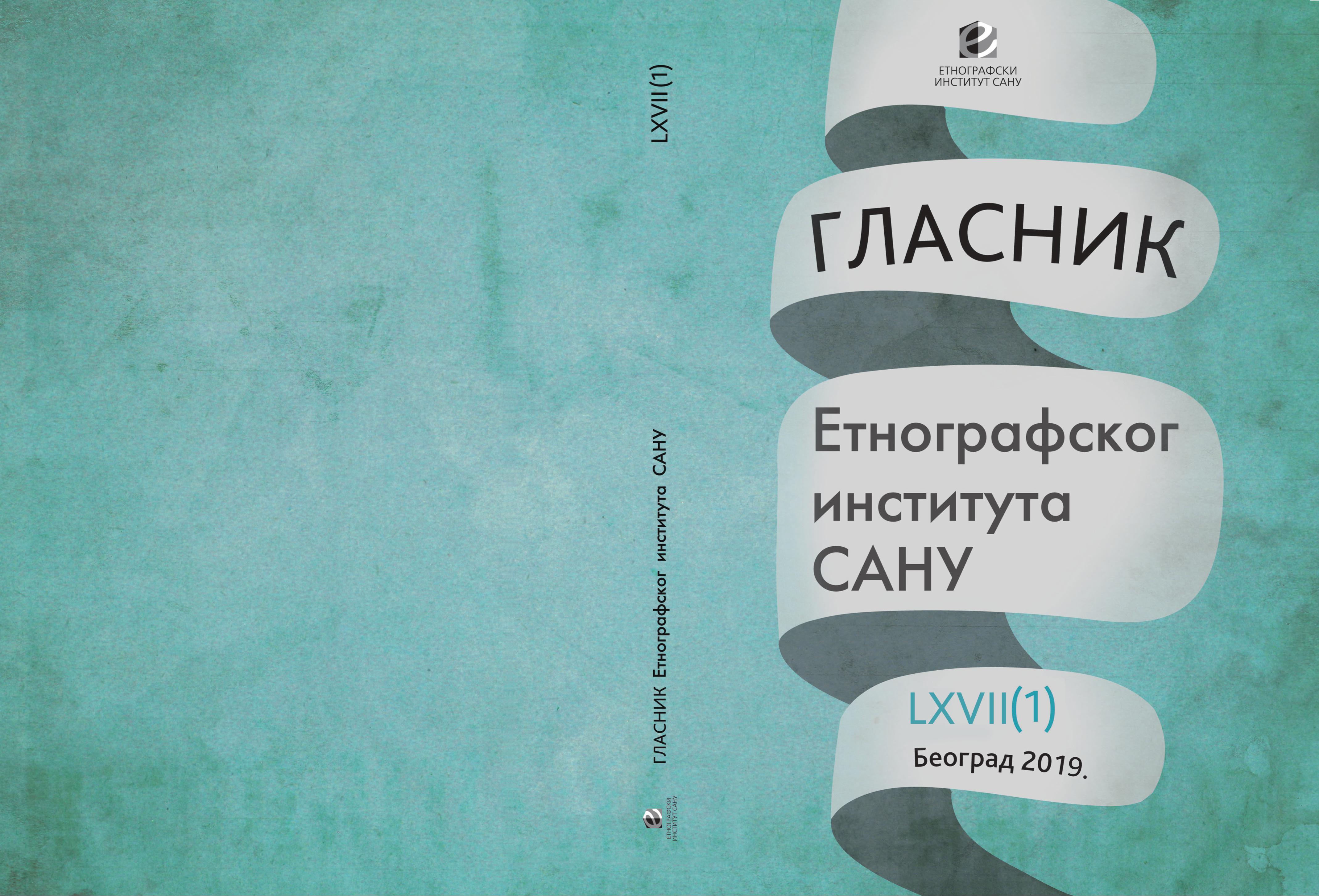Лицем у лице: Однос колектива и појединца у првом ангажованом југословенском филму
Face to face: the attitude between the collective and the individual in the first еngaged Yugoslav film
Author(s): Lada StevanovićSubject(s): Culture and social structure , Film / Cinema / Cinematography
Published by: Етнографски институт САНУ
Keywords: Face to face; self-managing socialism; responsibility; individual; collective; CPY
Summary/Abstract: The film Face to face (1963)has been directed by Branko Bauer and is often regarded to be the first political and critical film in Yugoslavia. The plot is set on a workers’ council, after a worker has been fired and his colleague (Milun Koprivica) stands up for him and openly confront the director. This act leads to the punishment of Koprivica – his exclusion from the Communist Party. The whole film is a complex psychological drama that includes all who are present, opening many questions that belong to the domain of anthropology, such as the attitude of the collective towards the individual, the dynamics of the collective that is disciplined, hierarchy, mechanisms of the belonging to (and rejection from) the collective, taking (political) responsibility etc. The film was produced during the period of self-managing socialism in Yugoslavia with the attempt to decrease the power of the newly established class of political elite. In that sense, the film has also didactical component. Its thematic and socio-temporal perspective resembles the famous film Twelve angry people (1957). The film Face to face (1963)has been directed by Branko Bauer and is often regarded to be the first political and critical film in Yugoslavia. The plot is set on a workers’ council, after a worker has been fired and his colleague (Milun Koprivica) stands up for him and openly confront the director. This act leads to the punishment of Koprivica – his exclusion from the Communist Party. The whole film is a complex psychological drama that includes all who are present, opening many questions that belong to the domain of anthropology, such as the attitude of the collective towards the individual, the dynamics of the collective that is disciplined, hierarchy, mechanisms of the belonging to (and rejection from) the collective, taking (political) responsibility etc. The film was produced during the period of self-managing socialism in Yugoslavia characteristic for the attempt to decrease the power of the newly established class of political elite. In that sense, the film has also didactical component. Its thematic and socio-temporal perspective resembles the famous film Twelve angry people (1957).
Journal: Гласник Етнографског института САНУ
- Issue Year: LXVII/2019
- Issue No: 1
- Page Range: 187-202
- Page Count: 16
- Language: Serbian

